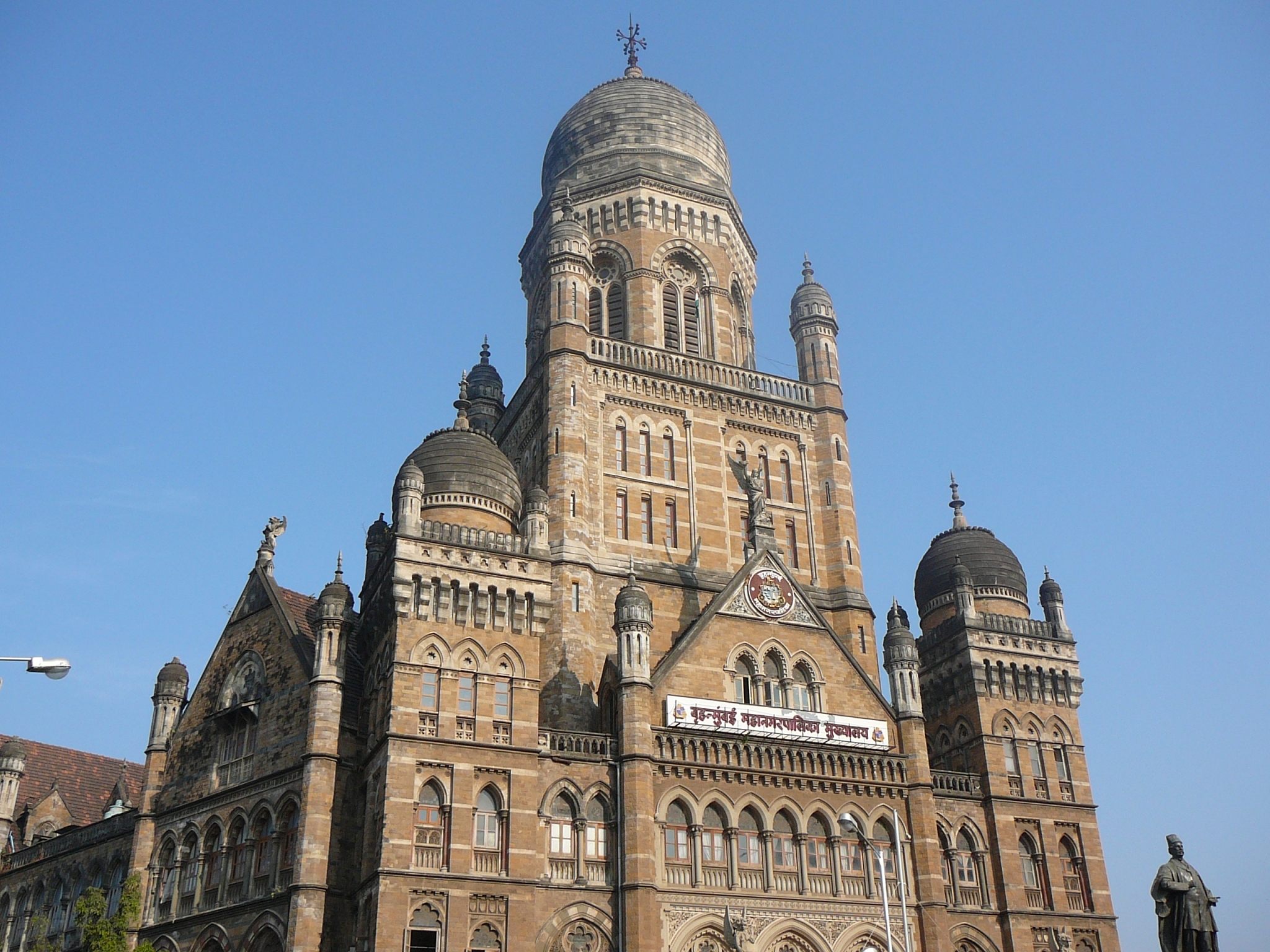Ideas
India Needs Empowered Mayors To Run Its Mega Cities
- Since power lies largely with state and central governments, the new dynasts that proliferate in Indian politics also prefer the parliamentary and legislative bastions controlled for generations.
- This is at odds with several other countries, where successful mayors go on to head national governments.

Brihanmumbai Municipal Corporation. (Kumar Appaiah/Wikimedia Commons)
Last week, the Maharashtra cabinet approved a proposal for direct election of the village sarpanch, the head of the gram panchayat. An ordinance to this effect is in the pipeline. Earlier, the sarpanch was elected indirectly, by elected representatives. This decision might have been politically motivated, for the Bharatiya Janata Party (BJP) had benefited immensely from the May 2016 decision of the Devendra Fadnavis government to revive direct elections for municipal council presidents. In the subsequent elections for more than 4,700 councillor seats across 218 towns, the BJP’s tally – the highest – stood at 1,109 councillors and 71 municipal council presidents.
Notwithstanding the political motives, direct elections for the posts of sarpanch and municipal council president are welcome developments. But this needs to be extended to municipal corporations that govern larger urban areas. Currently, the head of the municipal corporation, the mayor, is merely a ceremonial authority and executive decisions are carried out by the municipal commissioner appointed by the state government. It is worth noting that the BJP might have had a mayor in the extravagantly rich Brihanmumbai Municipal Corporation (BMC) if the Fadnavis government had given the go-ahead for direct elections for the position – even after posting their best total (82) in the BMC, the BJP fell behind the Shiv Sena by two seats and had to cede the position of mayor to the latter.
India needs directly elected and empowered mayors for all its big cities. Fadnavis had earlier toyed with the idea of a chief executive officer (CEO) for the city of Mumbai but has now settled for a war room in the Chief Minister’s office dedicated to large-scale projects in India’s financial capital. However, Fadnavis’ Mumbai CEO would have been a trusted Indian Administrative Services (IAS) officer of the Chief Minister and not a popularly elected representative of the people of the city.
Most of the roadblocks are well known. The state governments do not want to let go of their powers. The resources generated from the cities are used to lubricate the political economies in rural areas. The structures of local government created by the 73rd and 74th amendments did not go far enough; the resources and the powers continue to be vested with the state governments, which have been reluctant to delegate them.
Lack of direct elections is not the only problem. Indeed, some of the states do hold direct elections for mayors. Another issue is the short tenure of mayors in many states. For instance, the BMC mayor’s tenure is two-and-a-half years – hardly enough to create lasting changes in a large metropolis. Sometimes, directly elected mayors run into corporations dominated by members of rival political parties. This leads to snags in day-to-day governance.
The Prem Kumar Dhumal-led BJP government in Himachal Pradesh had introduced direct elections for mayor and deputy mayor in 2010. The motive was obvious: winning the two offices in Shimla. However, the Communist Party of India (Marxist) sprang a surprise by winning both the seats in 2012. But the CPM mayor and deputy mayor quickly realised the limitations of their powers in a 26-member corporation housing 12 members from the BJP and 10 from the Congress.
Both the Congress and the BJP are guilty. The Virbhadra Singh-led Congress government in Himachal Pradesh scrapped the direct elections for mayors introduced by the previous Dhumal government and the Vasundhara Raje-led BJP government in Rajasthan did the same by reversing the decision of the previous Congress regime led by Ashok Gehlot.
Since power lies largely with state and central governments, the new dynasts that proliferate in Indian politics also prefer the parliamentary and legislative bastions controlled for generations rather than proving their mettle by transforming a city. This is at odds with several other countries, where successful mayors go on to head national governments. For instance, the current presidents of Indonesia and Turkey – Joko Widodo and Recep Tayyip Erdogan – had previously served as mayors of Solo and Istanbul respectively. Both Jiang Zemin and Zhu Rongji were mayors of Shanghai before reaching the highest echelons of Chinese national politics.
The centralisation of governance in post-colonial India is also at variance with the long history of local self-governments coexisting with ancient kingdoms. Even if one doesn’t go that far back, leading freedom fighters too started out their political journeys in city corporations. While Jawaharlal Nehru and Vallabhbhai Patel honed their administrative skills as mayors of Allahabad and Ahmedabad, Subhas Chandra Bose served as the chief executive officer of the Calcutta Corporation before stepping into the role of Calcutta’s mayor.
The excessive fear of fragmentation in a newly independent India led to a reluctant federation and a dirigiste economy. While the pace of economic liberalisation remains slow, the decentralisation of administration has been slower. It is high time for corrective steps.
This article was first published in the Mint, and has been republished here with permission.
Introducing ElectionsHQ + 50 Ground Reports Project
The 2024 elections might seem easy to guess, but there are some important questions that shouldn't be missed.
Do freebies still sway voters? Do people prioritise infrastructure when voting? How will Punjab vote?
The answers to these questions provide great insights into where we, as a country, are headed in the years to come.
Swarajya is starting a project with an aim to do 50 solid ground stories and a smart commentary service on WhatsApp, a one-of-a-kind. We'd love your support during this election season.
Click below to contribute.
Latest